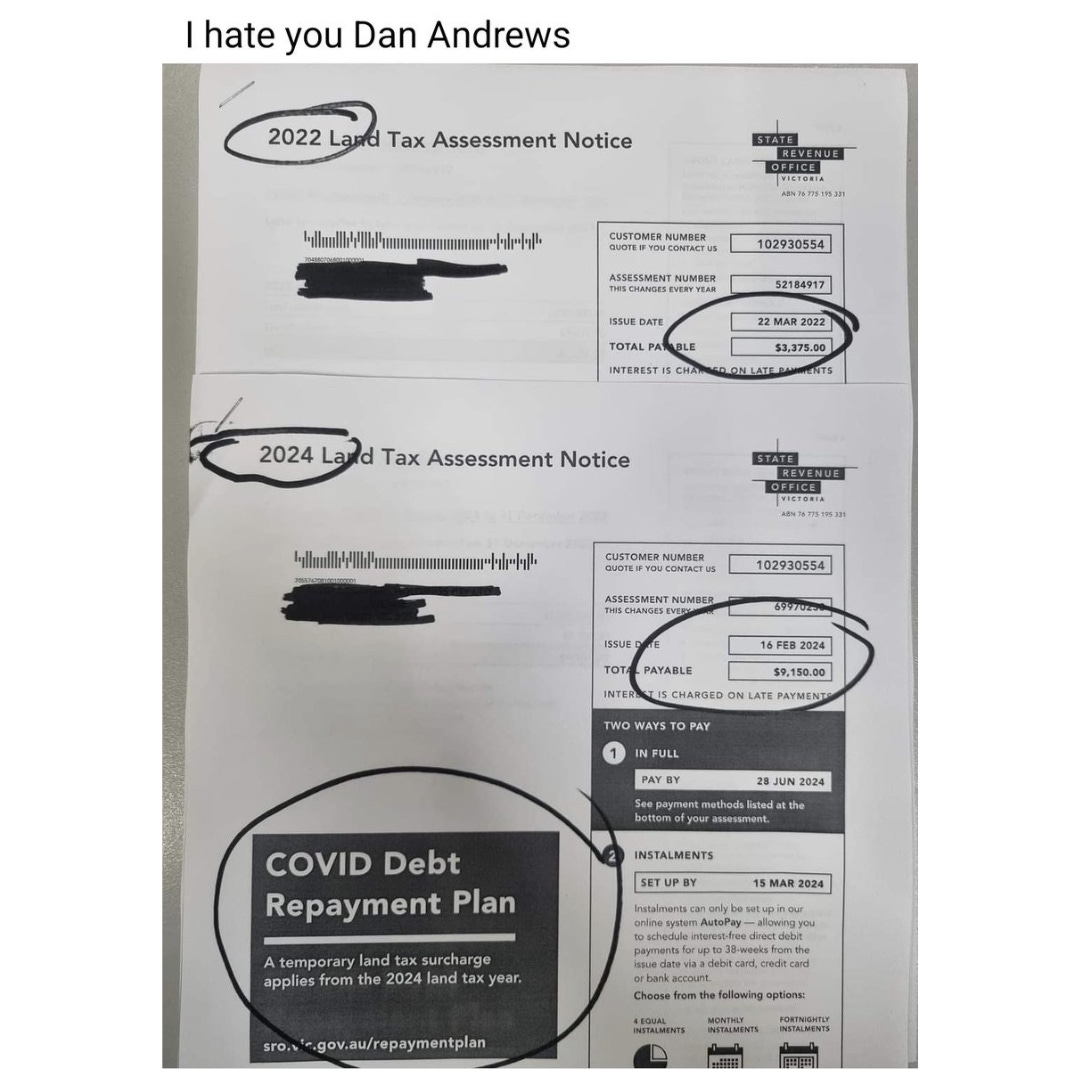How the global managerial gambit ensures no one ever has to take accountability for their policies
In an address at the World Governments Summit, on 12 February 2024, the Director General of the World Health Organisation (WHO) explained in clear terms how the global managerial gambit works.
Seeking to counter misinformation about the power and reach of the WHO’s proposed pandemic treaty and International Health Regulation (IHR) reforms, Director General Tedros Ghebreyesus said:
“Let me be clear: WHO did not impose anything on anyone during the COVID-19 pandemic. Not lockdowns, not mask mandates, not vaccine mandates. We don’t have the power to do that, we don’t want it, and we’re not trying to get it.
“Our job is to support governments with evidence-based guidance, advice and, when needed, supplies, to help them protect their people. But the decisions are theirs. And so is the pandemic agreement.
“It has been written by countries, for countries, and will be implemented in countries in accordance with their own national laws. In fact, WHO will not even be a party to the agreement. The parties are governments and governments alone.
“Far from ceding sovereignty, the agreement actually affirms national sovereignty and national responsibility in its foundational principles.
“Indeed, the agreement is itself an exercise of sovereignty. It’s about the commitments countries are making to keep themselves and each other safer from pandemics. And it recognizes that they can only do that by working with each other.”
In other words, the unelected WHO gives advice. Elected officials in nation-states dutifully implement it. It's a partnership that allows the WHO to say 'we didn't make you do anything' and allows politicians to say 'we were just following advice.'
In an article titled The WHO’s Managerial Gambit, executive director of Rights Probe and professor of law at Queen’s University, Bruce Pardy, explains the “shell game” further (emphasis mine):
"Under the [pandemic treaty and IHR] proposals, the WHO will become the directing mind and will of global health. It will have authority to declare public health emergencies.
"National governments will promise to do as the WHO directs. Countries will “undertake to follow WHO’s recommendations.”
"...The idea is to persuade the public that their governments must obey the WHO. Binding recommendations legitimize the heavy hands of domestic governments. Local officials will be able to justify restrictions by citing global duties.
"They will say that WHO directives leave them no choice. 'The WHO has called for lockdowns, so we must order you to stay in your home. Sorry, but it’s not our call.'"
Of course, this is already the state of play, as we have seen in the political effort to bounce responsibility all the way up the bureaucratic conga line over the Covid response, and the WHO’s readiness to volley the responsibility back onto individual nation-states.
While there remains disagreement over whether the WHO’s pandemic and health instrument reforms will be legally binding and will wrest sovereignty from nation-states, both reforms will serve to strengthen the self-reinforcing feedback loop between governments, their agencies, and NGOs, regardless.
It is important to recognise that the managerial gambit is a phenomenon that applies across multiple areas of governance, not just health.
Take the Victorian Government’s Covid Debt Levy, which will burden the Victorian public with paying back the Government’s eye-watering debt incurred by its pandemic response. The new levy will apply to big businesses, investors, and land owners.
Breaking the news to Victorians that they will now be responsible for footing the Government’s bill, the Treasurer passes the buck up the conga line for political cover, opening with the statement, “Acting on the advice of the Reserve Bank of Australia…”
See how this works?
This is also seen in the governance of online speech and content. Government agencies and departments require digital platforms to enforce misinformation policies whereby misinformation is defined as anything that contradicts the official position of governments, their agencies, and nominated NGOs.
Platforms enforce these guidelines, deferring responsibility for decision-making to the governments that regulate them, and the NGOs that advise the governments as to what the official position ought to be. In turn, governments deflect responsibility back onto the platforms.
Take the Australian Department of Home Affairs, which colluded with Big Tech platforms to censor legal speech on social media during the pandemic, but insisted that it was only helping the social media platforms to enforce their own community guidelines.
Or, Australia’s eSafety Commissioner, Julie Inman Grant, who admitted in a recent Senate hearing to taking Twitter’s (now named X under Elon Musk’s ownership) past interpretation and enforcement of its community guidelines in banning users as appropriate, simply because Twitter did so.
Senator Malcolm Roberts noted, ”What you’ve done is you’ve gone off their interpretation of their policy, even though we know they were biased.” Presumably, Senator Roberts was referring to the fact that Twitter was found to have removed users under pressure from government agencies prior to Musk’s ownership, in contravention with its own community guidelines, and with the law (read the full story in the Twitter Files).
Inman Grant responded, “That’s the only thing we can do, Senator.”
In this way, the global managerial gambit shields those in power from accountability. The politicians and bureaucrats will simply throw up their hands and say, “What else could we do?”
To support my work, make a one-off contribution to DDU via my Kofi account and/or subscribe. Thanks!



Beautifully explained Rebekah, thank you
It wasn’t me! Like that Shaggy song. And afterwards they replace all the ‘enforcers’ cause they know humans have short memories and are easily distracted…